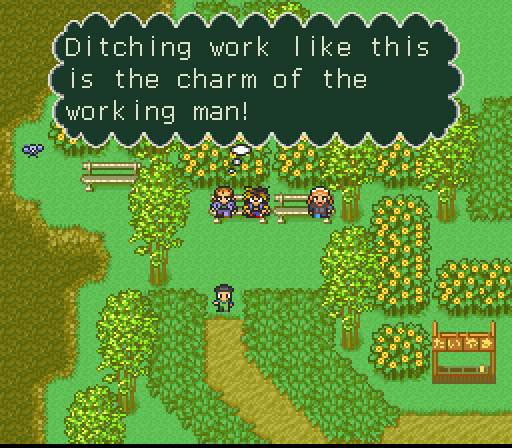
Love as craving is determined by its goal, and this goal is freedom from fear… Such fearlessness exists only in the complete calm that can no longer be shaken by events expected of the future… Hence the only valid tense is the present, the Now. Even if we should assume that there is nothing to fear, that death is no evil, the fact of fear (that all living things shun death) remains.įearlessness is what love seeks. Thus the object of fear comes to be fear itself. In their fear of death, those living fear life itself, a life that is doomed to die… The mode in which life knows and perceives itself is worry. Tracing Saint Augustine’s debt to the Stoics, Arendt considers how our attachment to the illusion of permanence and security limits our lives, and writes: Long before she became America’s preeminent philosopher, having arrived as a refugee, Hannah Arendt (October 14, 1906–December 4, 1975) was a young Jewish woman in Nazi-inflamed Germany, in love with an improbable beloved, writing a doctoral thesis about love that remains her least known but most soulful work: Love and Saint Augustine ( public library) - an exquisite meditation on love and how to live with the fundamental fear of loss. We will lose everything we love, including our lives - so we might as well love without fear, for to fear a certainty is wasted energy that syphons life of aliveness. Here are ten such ideas (after many more highlighted in years past) that make for life-expanding resolutions, and an extra eleventh as an overarching ethos.


This is where the wisdom of lives that have already been lived can be of immense aid - a source of forward-facing resolutions, borrowed from people who have long died, having lived, by any reasonable standard, honorable and generous lives, lives of beauty and substance, irradiated by ideas that have endured across the epochs to make other lives more livable. If we abide by the common definition of philosophy as the love of wisdom, and if Montaigne was right - he was - that philosophy is the art of learning to die, then living wisely is the art of learning how you will wish to have lived.


 0 kommentar(er)
0 kommentar(er)
